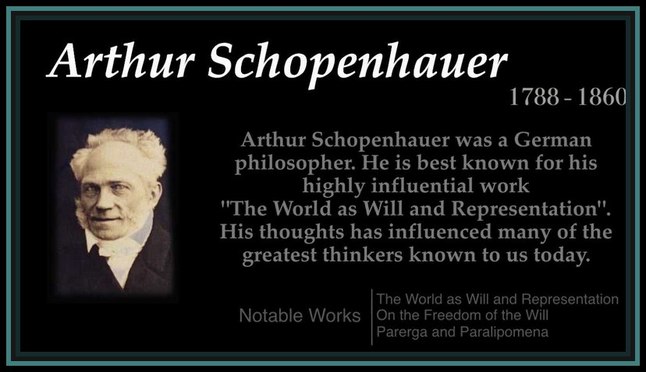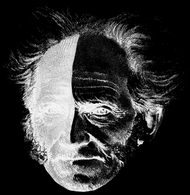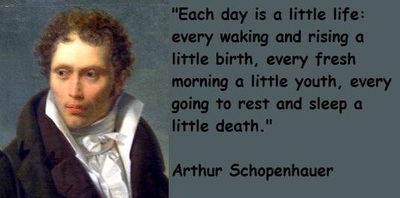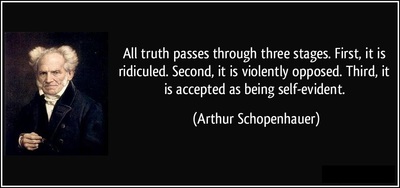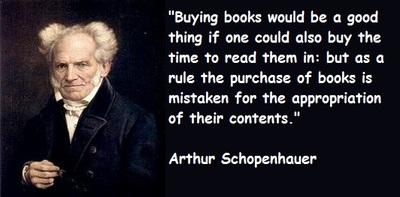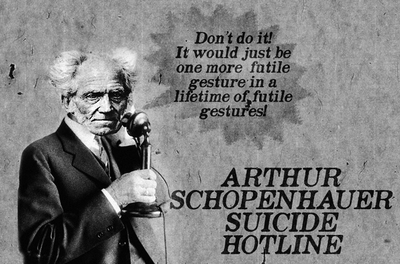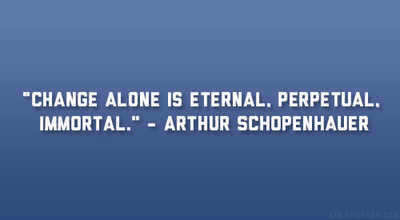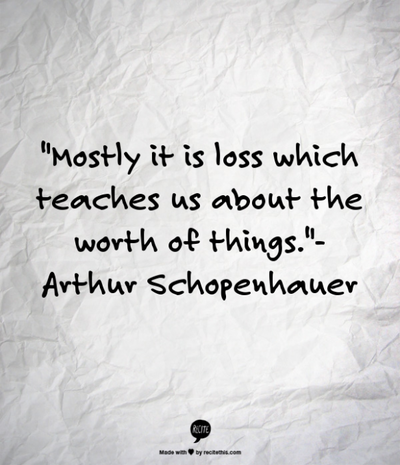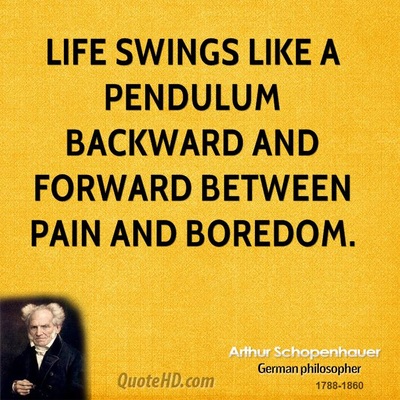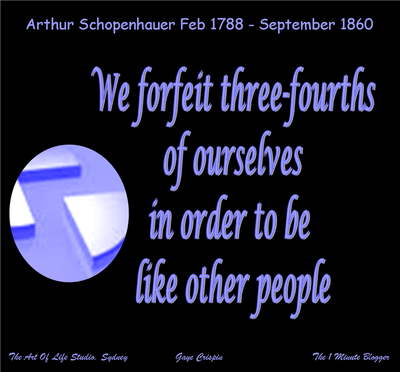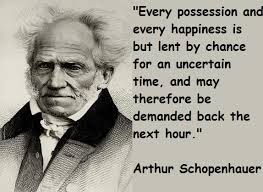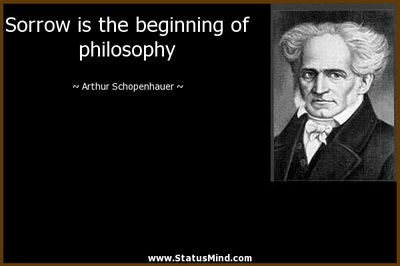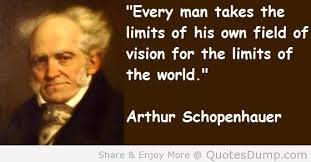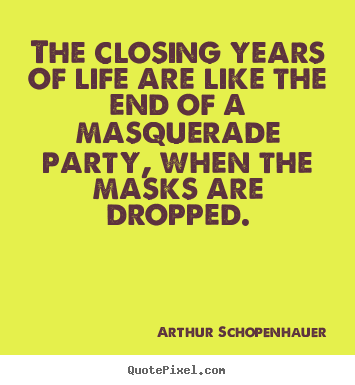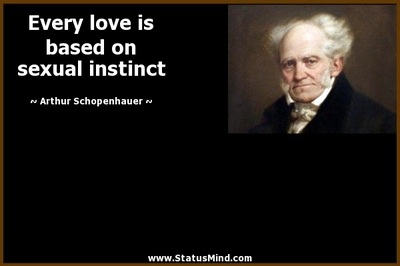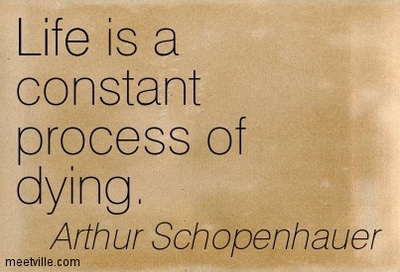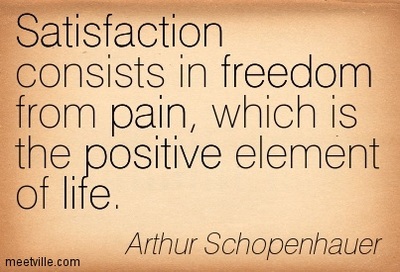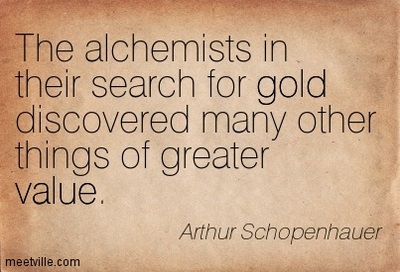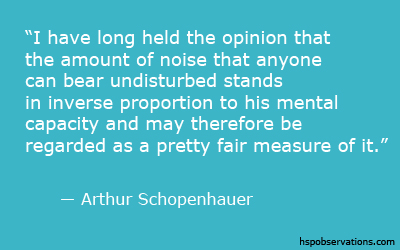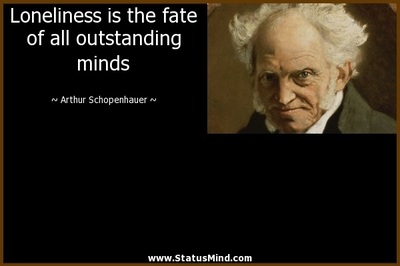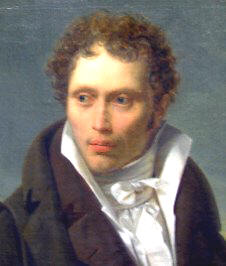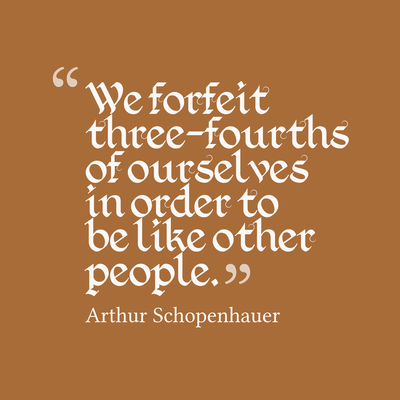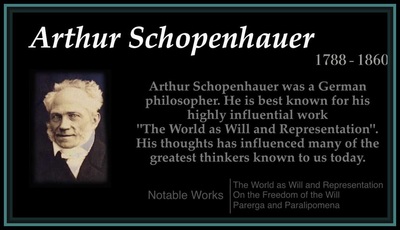ARTHUR SCHOPENHAUER
Arthur Schopenhauer was born on February 22, 1788 in Danzig, Poland. He had a Gothtic personality that casual acquaintances did not understand. He said for example: “Life swings like a pendulum backward and forward between pain and boredom.”
Yet after his death, in his personal notes, a manuscript was found entitled, “Die Kunst, glücklich zu sein,” which translates as, The Art of Being Happy. In it, Schopenhauer declares that our best effort at happiness is following certain guidelines to avoid pain. He goes on to list 50 rules. Here is a sample:
* The first rule is not to aim for an unachievable happiness but to manage your life as well as you can by avoiding unnecessary suffering for you and others.
* The second rule is to avoid jealousy by comparing yourself or competing with others.
* The third rule is to not drift from your natural tendencies. Some are creative others contemplative. Don’t go against your nature.
* Another rule is to be self-sufficient: “Happiness belongs to those who are sufficient unto themselves. For all external sources of happiness and pleasure, are by their very nature, highly uncertain, precarious, ephemeral and subject to chance.”
* In his essay “on the wisdom of life” from Schopenhauer's final work, “Parerga und Paralipomena” (1851), he sees health as the most important factor of happiness that can’t be traded for honors.
Yet after his death, in his personal notes, a manuscript was found entitled, “Die Kunst, glücklich zu sein,” which translates as, The Art of Being Happy. In it, Schopenhauer declares that our best effort at happiness is following certain guidelines to avoid pain. He goes on to list 50 rules. Here is a sample:
* The first rule is not to aim for an unachievable happiness but to manage your life as well as you can by avoiding unnecessary suffering for you and others.
* The second rule is to avoid jealousy by comparing yourself or competing with others.
* The third rule is to not drift from your natural tendencies. Some are creative others contemplative. Don’t go against your nature.
* Another rule is to be self-sufficient: “Happiness belongs to those who are sufficient unto themselves. For all external sources of happiness and pleasure, are by their very nature, highly uncertain, precarious, ephemeral and subject to chance.”
* In his essay “on the wisdom of life” from Schopenhauer's final work, “Parerga und Paralipomena” (1851), he sees health as the most important factor of happiness that can’t be traded for honors.
VIDEO INTRODUCTION:
Part #1 |
Part #2 |
Part #3 |
HIS LIFE:
Your browser does not support viewing this document. Click here to download the document.
Your browser does not support viewing this document. Click here to download the document.
